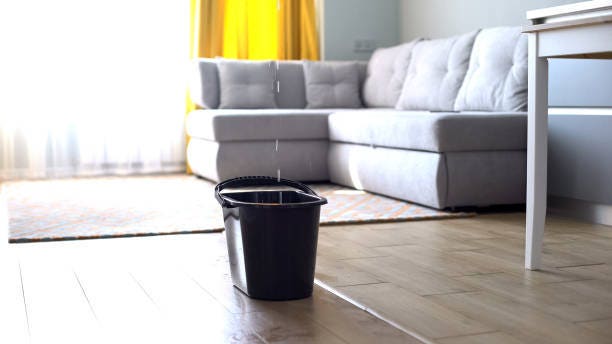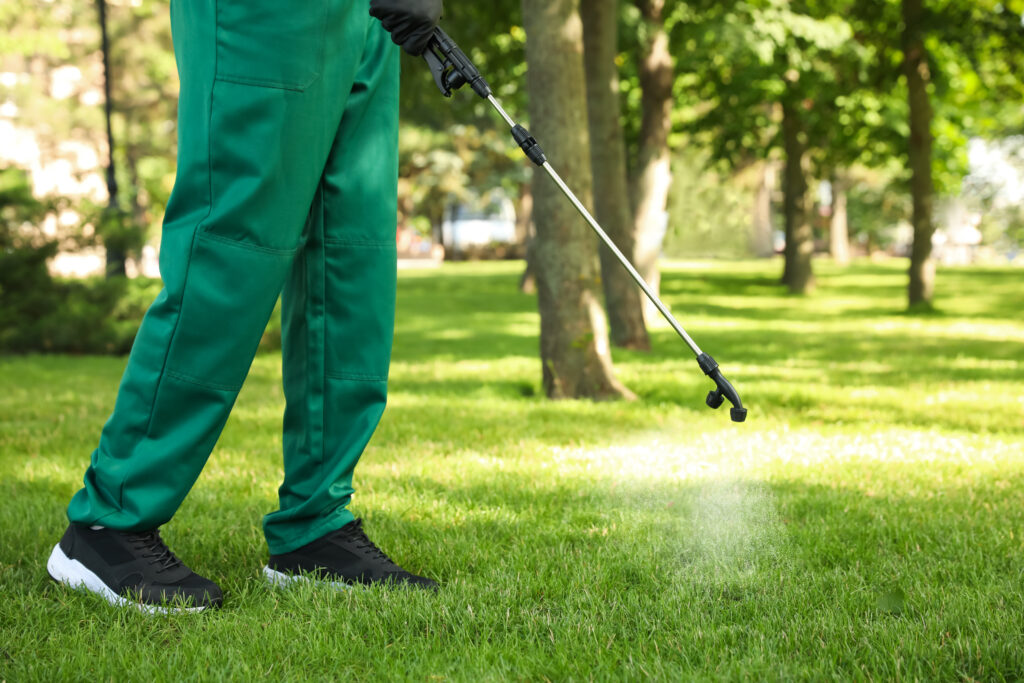Discovering termites in your home can be distressing. These tiny critters can cause big problems, stealthily damaging your property. The financial toll of termite damage on homeowners is significant, often not covered by insurance, making early detection and intervention key. In this friendly guide, we’ll explore the steps you can take to tackle termite problems, emphasize the importance of professional help, and share preventive tips to keep termites at bay in the future.
Termites are not just another pest. They’re silent destroyers, capable of compromising the structural integrity of your home without warning. Recognizing the severity of termite infestations early on is crucial. Homeowners should be vigilant, looking for telltale signs such as hollow-sounding timber, discarded wings, and mud tubes. Initial steps include thoroughly inspecting your property for these indicators. Once detected, consider the scale of the problem. Small, localized outbreaks might be manageable, but extensive infestations require immediate attention.
When dealing with termites, it’s tempting to attempt DIY solutions, hoping to save on costs. For minor problems, certain over-the-counter products like termite baits, direct chemical treatments, or natural deterrents may offer temporary relief. Employing DIY methods requires an understanding of termite behavior and diligent follow-up to ensure effectiveness. However, without the right expertise, these efforts might only address the symptoms, not the root of the issue, leading to persistent worries.

- A leaking roof can offer the moisture termites thrive on, making your home a target. Source: Christin Perry – forbes.com
DIY termite control has its place but often falls short against severe infestations. This is where the expertise of professional pest controllers becomes indispensable. With years of experience and special equipment, they can accurately assess the extent of damage, identify termite species, and design a targeted treatment strategy. Hiring professionals not only ensures the eradication of both visible and hidden termites but also helps prevent future outbreaks.
Professional pest control is not just an expense; it’s an investment in your property’s longevity. Experts use advanced methods like fumigation or baiting systems, tailored to your home’s specific needs. They can also provide warranties and follow-up services, offering peace of mind that the problem is truly in the past. Remember, the cost of professional termite control is often dwarfed by the expense of repairing prolonged termite damage.

- Exploring DIY termite control methods, including application techniques and treatments. Source: architecturaldigest.com
Preventing termite infestations is far more cost-effective than dealing with them post-outbreak. Simple practices can significantly reduce your risk. Ensure your property has no moisture accumulation by fixing leaks and ensuring proper drainage. Wood-to-ground contact should be minimized, keeping firewood, mulch, and vegetation away from your home’s foundation. Regular inspections, particularly in warmer months when termites are more active, can catch potential problems early.
Employing chemical barriers and termite-resistant materials during construction or renovation can also fortify your home against these pests. Additionally, scheduling annual termite inspections with a reputable pest control service acts as a crucial prevention measure, keeping your home safe and termite-free.
- Professional termite control services employ advanced techniques for efficient eradication. Source: Christin Perry – forbes.com
In conclusion, while the initial discovery of termites in your home can be alarming, understanding your options and acting promptly can mitigate their impact. While there are DIY methods available for minor issues, the knowledge and tools of professionals are often necessary to completely eradicate the problem and protect your home against future invasions. Remember, investing in professional termite control now can save you significant repair costs in the future. Regular preventive measures, both DIY and professional, are your best defense against these silent destroyers.
